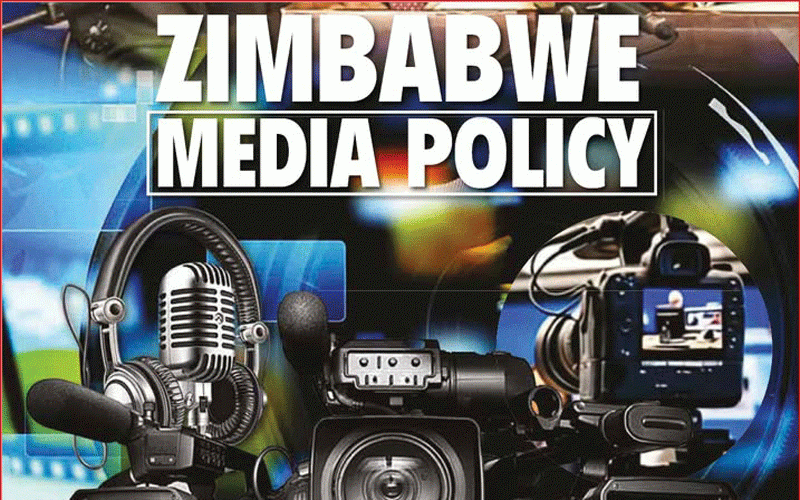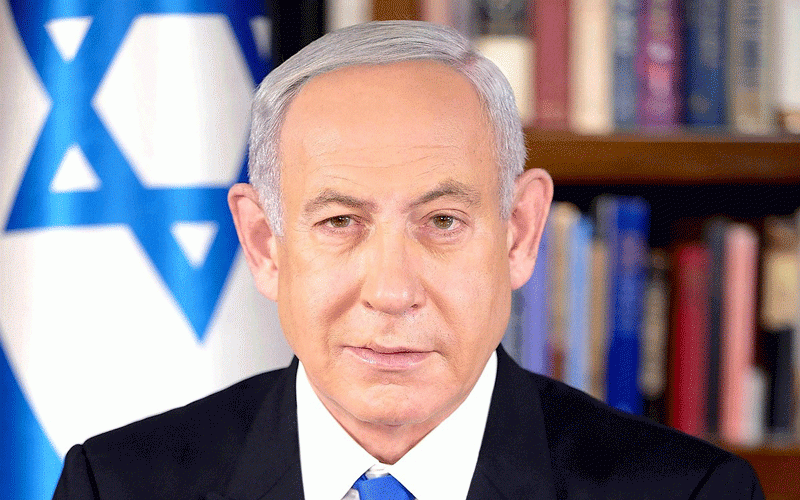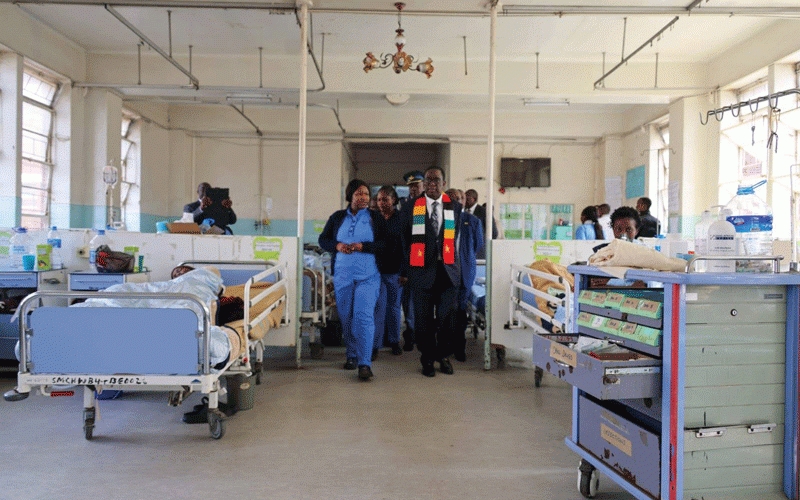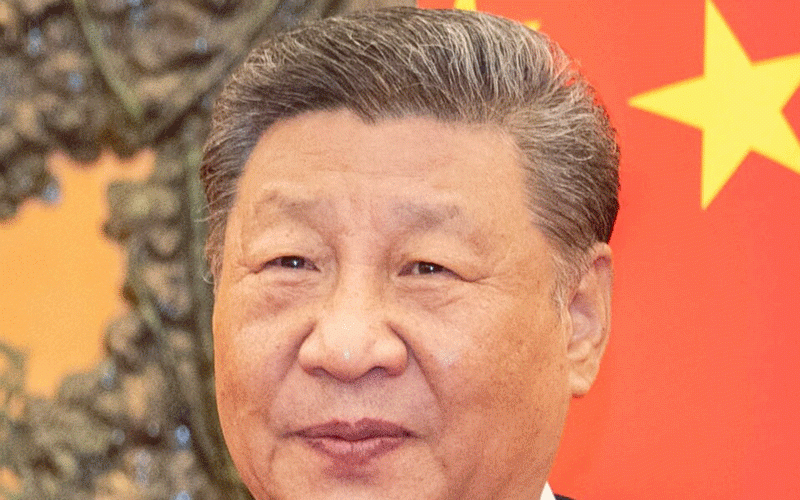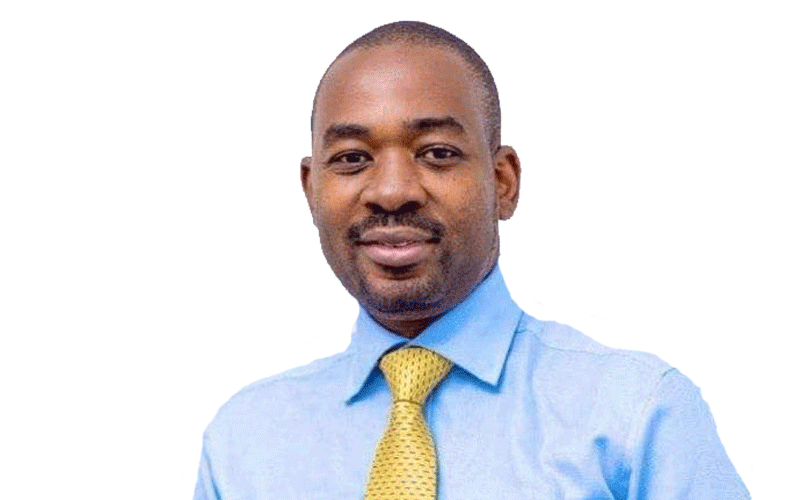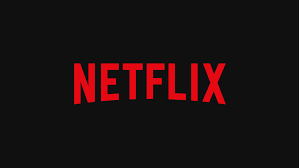
So Netflix has a really interesting take on the world and for a minute, I was in awe of how they ended up making a powerful documentary – The Greatest Night in Pop; the Neflix documentary on the making of the global hit — We are the World that single handedly contributed to the easing of hunger and starvation in 1984 during the famine in Ethiopia that same year.
A commentary points out early on that ‘… people starving in Africa was this far away from us as it could be ….’ The next voice comments soon thereafter that ‘ … in Africa there were dying by the thousands …”
Lionel Ritchie was “the man” at that moment; he had left the Commodores — a band he had been with, was as charming as he still is and rightly points out that he was in his best form and really it’s not like he had nothing to do. He had so much to do!
The famine was only miles away in another continent and him and Quincy Jones – a legend in his own right, really were not obligated to do something about this.
Over the few years I have been in the development space, I have come across a lot of arguments around the actual contributions of aid to Africa and other parts of the developing world. I have heard arguments both against and for the need for aid.
I hardly think I have a formed opinion on this. Recently however, I have had conversations with a few civic leaders, Zimbabwe Youth Council friends and a few friends.
Aid is dying now and never has any of these guys felt so anxious, unsure about their future and that of the people they serve.
The artistic conversation that shapes the Netflix special reminded me of Busy Signal’s song with the lines “… you never know, what you got till it’s gone …” Kendrick Lamar has a song titled Money Trees and he exaggerates the value of the dollar in a line that ends unfortunately with a profanity where he says “… a dollar might just ….”
- Adapt or die: Drivers for transformation
- Of Zim’s untapped film tourism potential
- Zim-British television director scoops Emmy Award
- Letter from Africa: Prince Harry and a royal scramble for the continent
Keep Reading
I think now more than ever before, around the idea of aid, the effects of defunding aid projects are more succinct.
I woke one day last month to the shocking news that Ebola almost became a big threat again, that HIV/Aids might become the problem it was earlier in the nineties again, that made me think of a scene I once witnessed growing up where Aids patients were moved to clinics in wheelbarrows in my neighbourhood and I could actually think of a time I had malaria symptoms along with some of my childhood friends. Is this the future?
Who, what did Lionel Ritchie do? Lionel Ritchie had just won six American Music Awards, performed twice and was the host of the show.
He was a superstar, the room was his and I’m sure if it were me or any of some of my brother artists, how would we end up making a song for Ethiopia instead of being at the after party? I don’t know if Prince was taking more awards from Michael Jackson or social anxiety, but it seems, he got to the studio first.
I’m not sure who Bruce Springsteen or Bob Dylan but I know from what Lionel Ritchie narrates that Bruce was coming from a big tour and probably had out sang his entire vocal cords, was tired from travelling and had to brave the VMAs and Bob Dylan was having a hard time recording with 47 of the biggest artists of the time.
I know now why all my parents seem to be fond of Kenny Rodgers.
Quincy Jones wanted everyone checking in their ego at the door hahaha, Ray Charles or Stevie Wonder led one or the other to the bathroom and I don’t quite remember who quipped that ‘… the blind were actually leading the blind’ I am sure Michael Jackson had to Hihi to that.
The harvests in Zimbabwe this year might be better than last year’s.
That’s something we cannot take for granted and the streets filled up easily with wild mushrooms and wild cucumbers.
The Netflix special speaks of camps at the time were 15 bags of flower had to feed 27 500 people, meningitis, malaria and typhoid being a problem at these camps.
So, it seems that the song ‘We are the World’ was produced throughout the night — running into the almost late hours of the morning. Kenny Rodgers was tired, the room was full, exhausting and Quincy was pushing that it be done in one night because these guys had sacrificed so much to be a part of the song. Lionel Ritchie could have taken his charm elsewhere, but he used it to make a perfect song.
We are the world who started a movement around compassion and being there for one another, it also broke records in sales, was a big concert hit that promoted even the artists that stepped up to be a part of it, it won its own special VMA recognition.
That’s just music!
It further went on to raise approximately 160 million in present value at the time and continues to raise funding for humanitarian aid in Africa to this date. Is this the equivalent of what some call individual philanthropy?
In my generation, especially in the Global South, I bet it’s not a lot of us who know the artists that in today’s world did not choose to go for an amapiano night as opposed to thinking about what people in Ethiopia were going through and how their lives were being ravaged by the famine.
As aid seems to be going through reconsideration and the norm seems to be shifting, what is the best foot forward to maintain some form of dignity and safeguard the lives of our own communities?
I found the Netflix documentary encouraging as regards what simple conversations can turn into powerful conversations that reduce social tensions, anxieties and create lasting collective solutions around difficult problems in this case hunger.
I have written before on climate change related issues and the world has been writing more around the subject and it is arguable that aid has been the biggest enabler to this sensitive and community centered approach around the Sustainable Development Goals by 2030.
Is this drive still realistic given the shifts in supporting resources?
A few people I have met reminded me that aid is not just the dollar, it’s technical, human resources and in this case a song, art and any enabler to development. Are we ready to steer our own boats in the absence of aid? We have argued that we can before, but can we?
Social entrepreneurship? Is this the next big idea?
Do we need to rethink our enterprise development to be able to at least wean ourselves from aid in the nearest short term? The Greatest Night in Pop is a great documentary!
*Darlington Mafa writes on behalf of Rima Africa Trust Zimbabwe. Mafa is an agricultural economist
These articles are coordinated by Lovemore Kadenge, an independent consultant, managing consultant of Zawale Consultants (Private) Limited, past president of the Zimbabwe Economics Society and past president of the Chartered Governance & Accountancy Institute in Zimbabwe.

